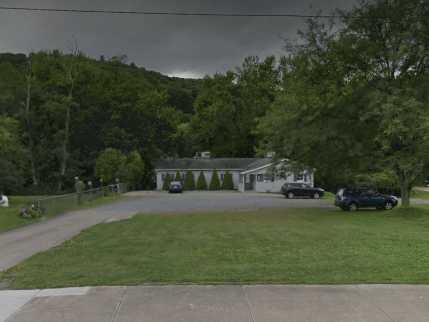The Low Income Home Energy Assistance Program (LIHEAP) helps Pennsylvania families living on low incomes pay their heating bills in the form of a cash grant. Households in immediate danger of being without heat qualify for crisis grants.
This is a one-time payment sent directly to the utility company/fuel provider to be credited on your bill, grants range from $200 to $1,000, does not have to be repaid.
Eligibility:
Must meet income guidelines
Do not have to be on public assistance
Do not need to have an unpaid heating bills
Renters or owners
How to apply
Online: Apply for benefits online using COMPASS, the online tool for Pennsylvanians to apply for health and human service programs and manage benefit information.
On paper: You can download a paper application, print it, fill it out, and return it to your local county assistance office.
The Low Income Home Energy Assistance program is called LIHEAP. They assist low income people and families with their heating and cooling bills. This program is therefore, a year long program that is available 12 months a year.
To qualify for the LIHEAP assistance, you need to qualify. We provide the current Federal Poverty Rates nationwide below.
You are automatically qualified for LIHEAP assistance if you participate in the SNAP food stamps program, TANF Temporary Assistance for Needy Families, or the SSI program through Social Security.

| Persons In Family | Earnings (100% Fed Poverty Guideline) |
| 1 | $15,060 |
| 2 | $20,440 |
| 3 | $25,820 |
| 4 | $31,200 |
| 5 | $36,580 |
| 6 | $41,960 |
| 7 | $47,340 |
| 8 | $52,720 |
*Alaska and Hawaii have different rates for HUD federal poverty guidelines.
These numbers above represent 100% of the Federal Poverty Rate. In order to get legal aid from some offices, they use a sliding fee scale. When they use a sliding fee scale, the 100% rate can be different than 100%. In those cases, using for example a 200% federal poverty level, you will only need double the 100% number listed above to 200%.
Have you used the Warren County Assistance Office service before? If so, please help our website users by answer these questions below.
copyright © 2025. All rights reserved.